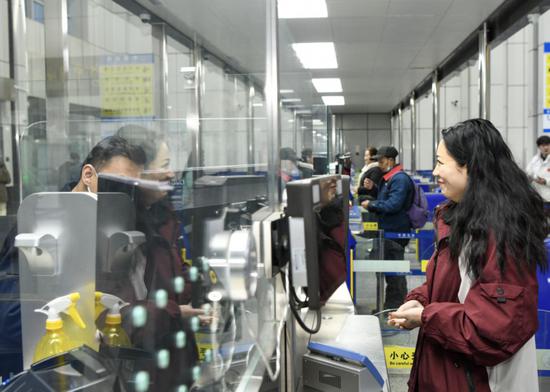
Tourists go through entry procedures at the Horgos International Border Cooperation Center on the China-Kazakhstan border on Jan 15.
Challenges ahead
However, even against this backdrop, the continued success of the nascent industry is by no means assured, particularly given the region's lack of mature tourism infrastructure.
The problems that most Chinese tourists complain about include language barriers and patchy services such as transportation and accommodation.
After traveling in the region for three months, Yang, the algorithm engineer, called for better regulation of the industry.
"I once hailed a taxi and was overcharged, and I have had to double-check to ensure I'm not being overcharged when I exchange currency. The other thing is that with most people speaking Russian, communication can sometimes be very difficult," he said.
Qian, the analyst, said: "When I first walked into Tashkent Airport I had the distinct feeling that Uzbekistan is simply not equipped to handle mass tourism. None of the signs seemed to be for tourists, there was no clearly marked currency exchange counter, and no obvious signs provided tourist information. Visitors had to use hand gestures to ask for help or they had to search online."
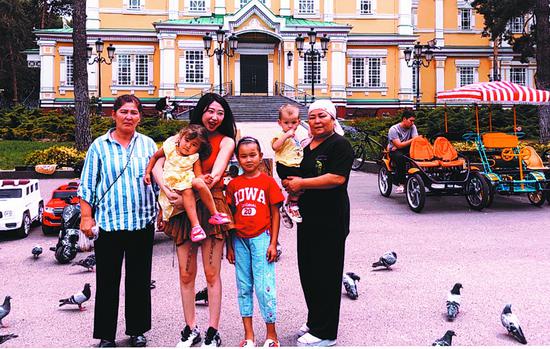
Yu Shengnan (second from left) with locals in Almaty, Kazakhstan, in July. (CHINA DAILY)
Nevertheless, asked if he would return to the region, Qian was unequivocal.
"Definitely. Central Asia has really got me hooked. The local culture is like a melting pot, blending obvious Western and Eastern influences that coexist harmoniously," he said.
"I believe Central Asia will eventually become a highly popular tourist destination, and I'm sure that as this happens the Silk Road will be reflected in its former glory."








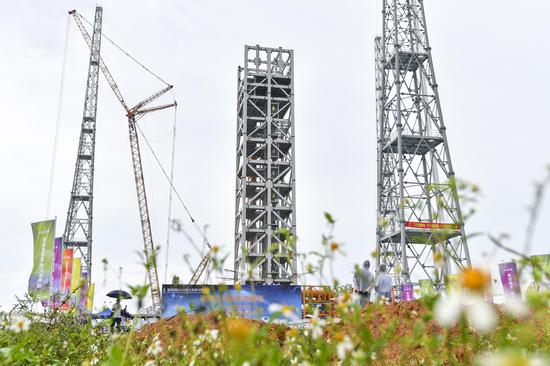
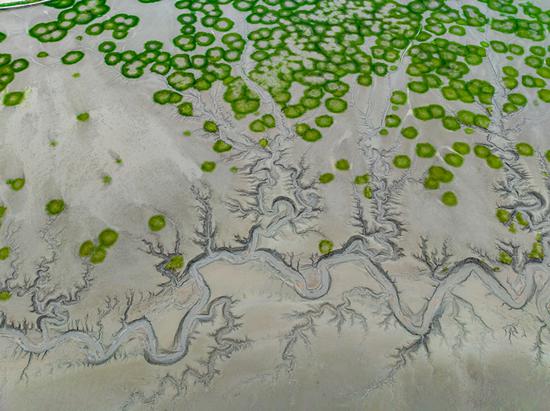

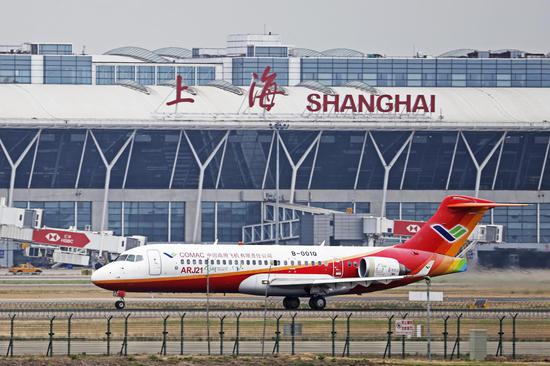
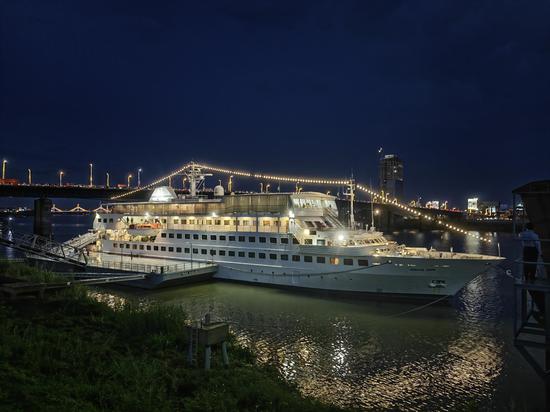

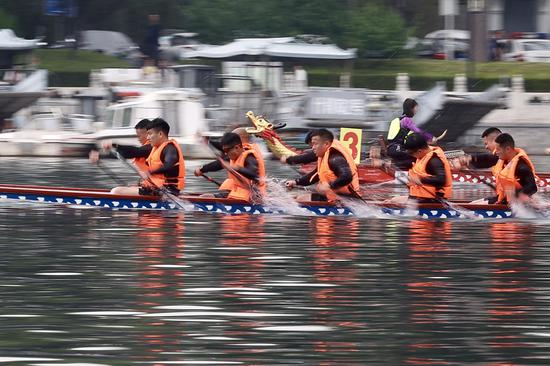
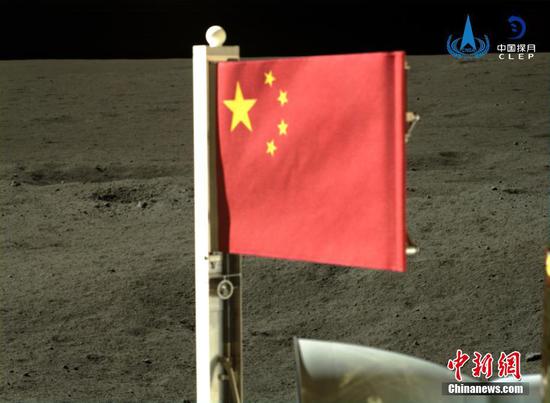

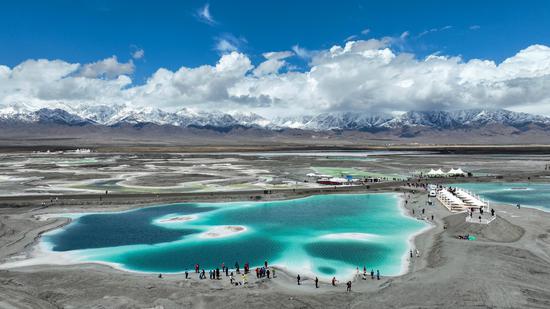

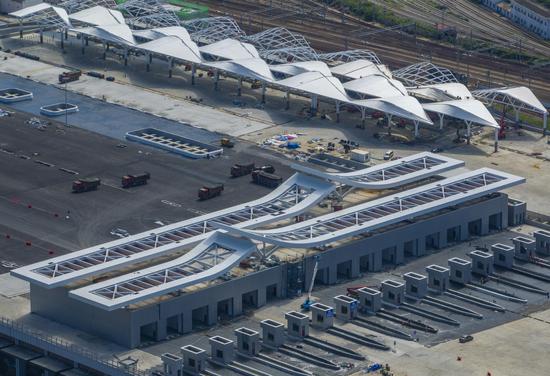



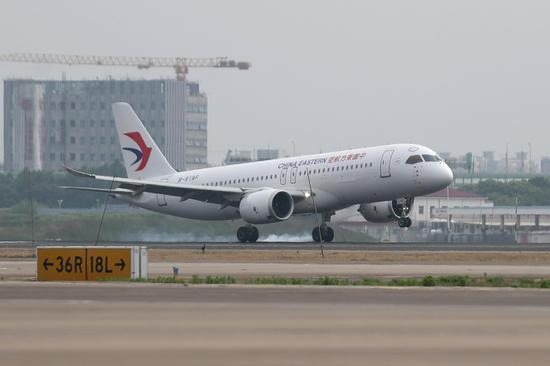
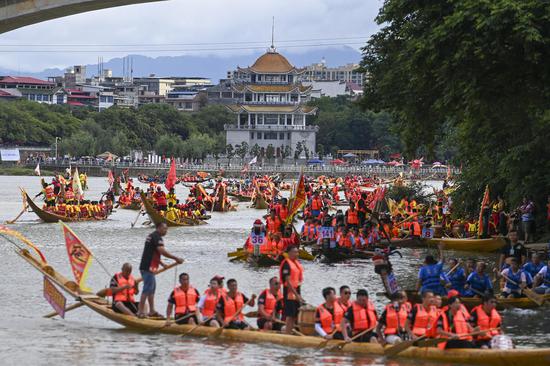
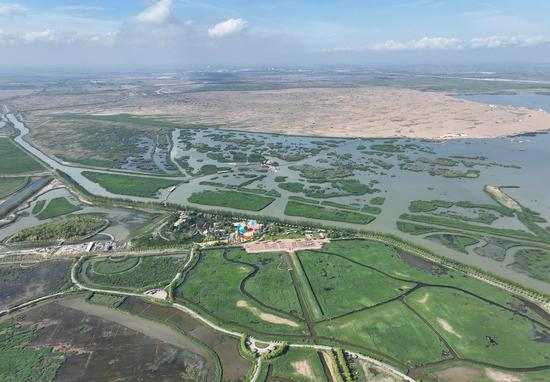
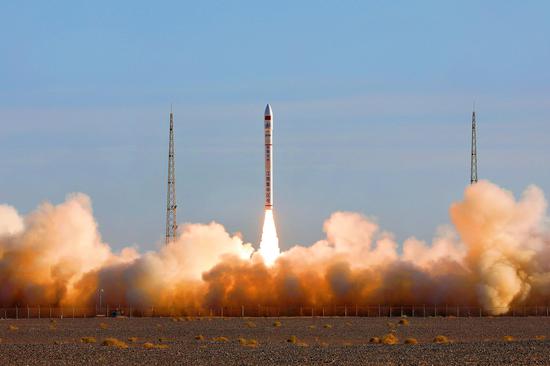
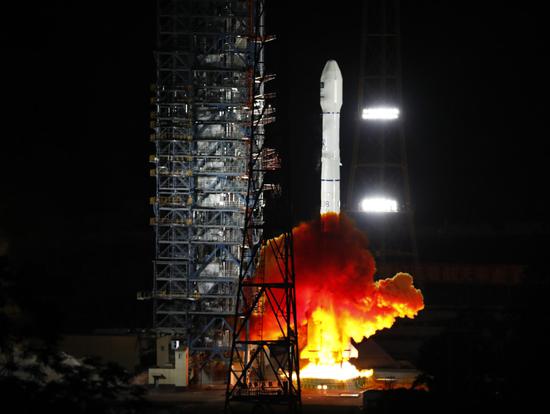
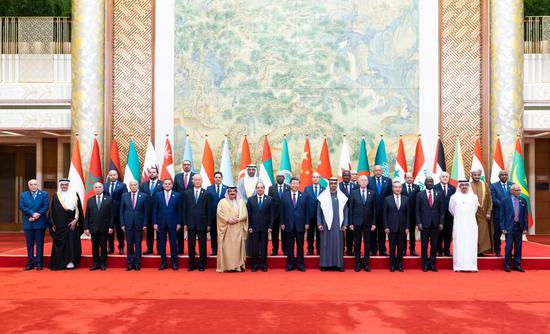
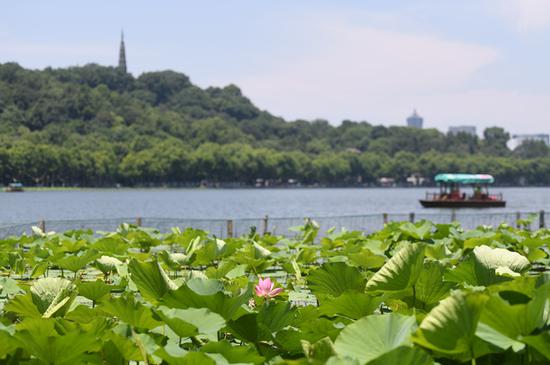
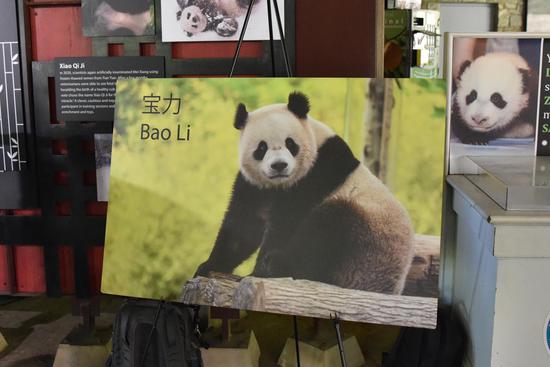
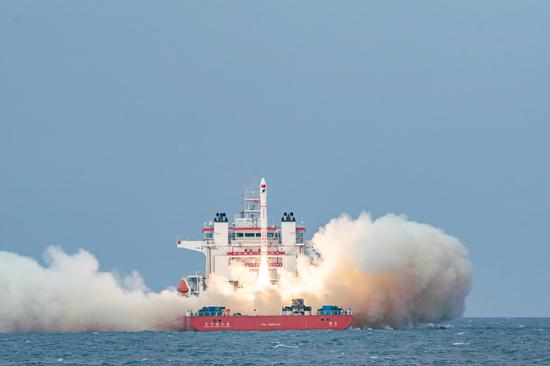
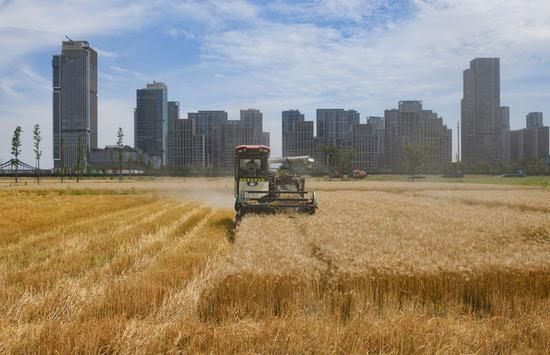
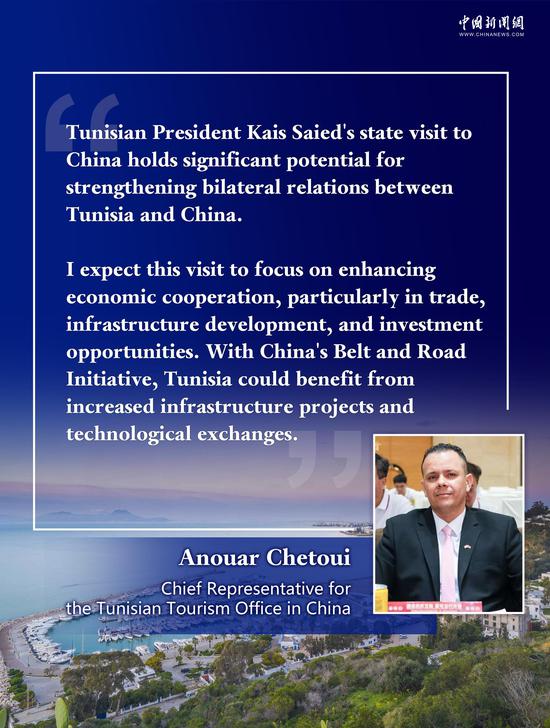
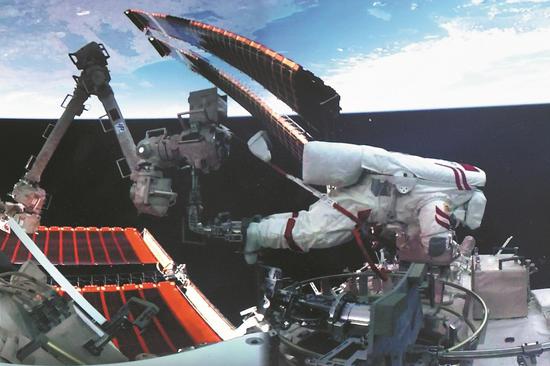
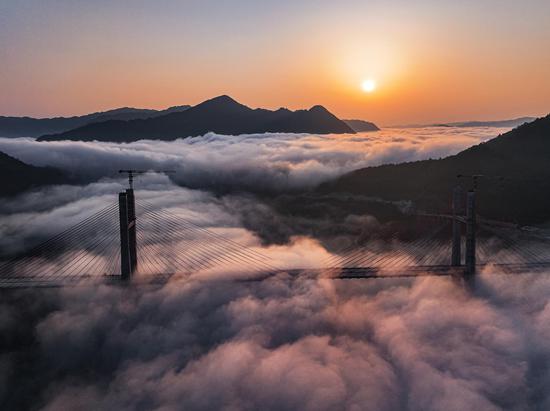
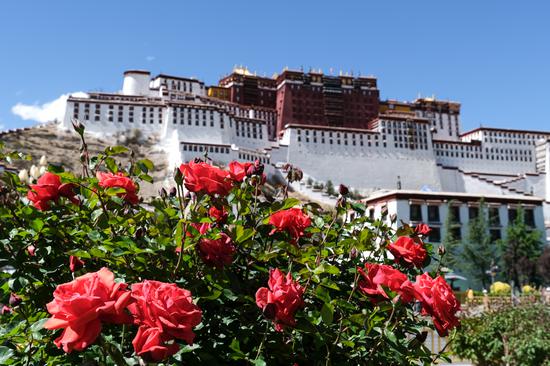
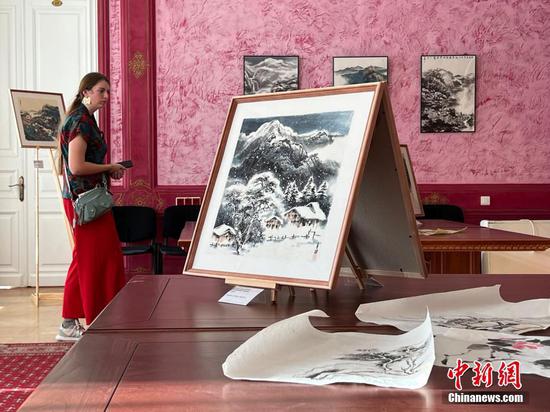

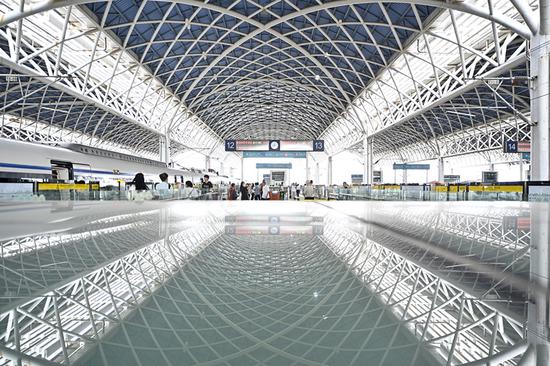
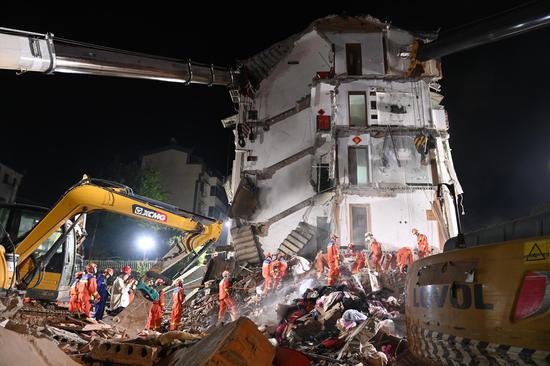
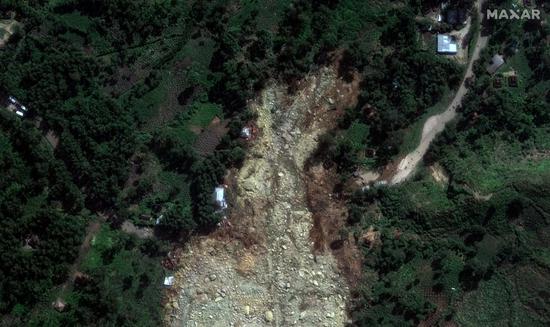








 京公网安备 11010202009201号
京公网安备 11010202009201号